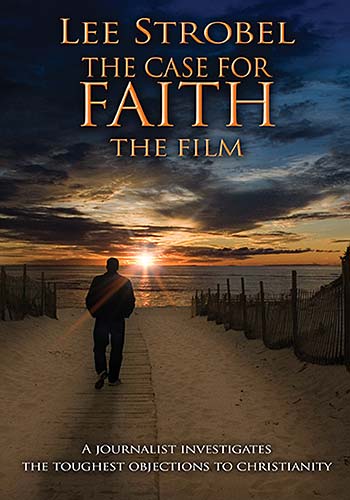Post Author: Bill Pratt
 In parts one, two, and three of this series of posts, we discussed the writings of Josephus and Tacitus, who are both non-Christians. They each provide historical confirmation of key components of the history recorded in the New Testament. Before ending this series, I want to look at one more writer from the ancient world who gave us a window into what Roman officials thought of Christianity.
In parts one, two, and three of this series of posts, we discussed the writings of Josephus and Tacitus, who are both non-Christians. They each provide historical confirmation of key components of the history recorded in the New Testament. Before ending this series, I want to look at one more writer from the ancient world who gave us a window into what Roman officials thought of Christianity.
Pliny the Younger was a Roman author and administrator. He wrote a letter, as governor of Bithynia in northwestern Turkey, to the Roman Emperor Trajan in about A.D. 112 where he describes early Christian worship practices:
They were in the habit of meeting on a certain fixed day before it was light, when they sang in alternate verses a hymn to Christ, as to a god, and bound themselves by a solemn oath, not to do any wicked deeds, but never to commit any fraud, theft or adultery, never to falsify their word, nor deny a trust when they should be called upon to deliver it up; after which it was their custom to separate, and then reassemble to partake of food—but food of an ordinary and innocent kind. [Letters 10:96]
Pliny’s letter to Emperor Trajan identifies several historical facts about early Christianity:
- Christians were meeting on a fixed day of the week.
- They worshiped Christ as God (this one sentence destroys the claim that the deity of Jesus was a late fourth century addition to Christianity).
- They maintained high ethical standards.
- They gathered to eat meals together.
Pliny’s letter also provides further evidence that Christianity had spread far and wide around the Roman Empire, and that government administrators were having to deal with them.
There are certainly other ancient non-Christian sources which speak of Jesus and early Christianity. If you would like to do more research, there are several excellent introductory works to this topic. Two that I used for this series of blog posts are The Case for Christ by Lee Strobel and The Historical Jesus by Gary Habermas.
If we circle back around to the skeptic that I introduced in the first post of the series, we can see that his view that the existence of Jesus is not supported by early non-Christian writers is simply mistaken. There are certainly a small number of historians who cast doubt on the authenticity and interpretation of the writings we’ve analyzed, but I must stress that they are in a tiny minority, as far as I can tell. The overwhelming consensus of history is that Jesus did indeed exist.
